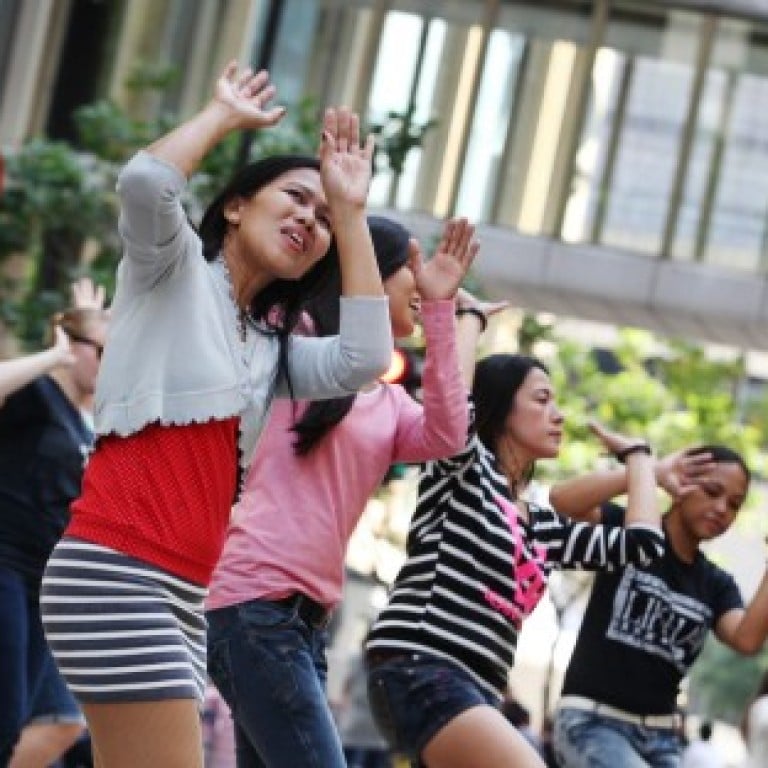
Up to domestic helpers themselves to decide how to spend their day off in Hong Kong
Three letters have been published recently on the subject of where and how migrant domestic workers spend their days off.
The tone that has been used throughout this series of letters is polarising, patronizing, and problematic. The latest has the letter writer suggesting that the Hong Kong government provide training courses in community centres or city halls. The rationale being: "This will prevent them from mixing with the wrong company, which most of Hong Kong employers are afraid of…"
The writer goes on to argue, "nowadays it is not uncommon for maids to have to look after family members with certain health conditions, such as Alzheimer's disease … In such cases, professional training courses can be offered to the helpers, who often have no experience in looking after people with such conditions. Wouldn't this be a more meaningful way for helpers to spend their days off, rather than mingling with other helpers?"
Really? Yes, there are many migrant domestic workers who choose to congregate in Central and other urban areas on their day off. But, then again, there are many Hong Kong residents who also choose to spend their day off in Central and other densely populated areas of the city.
Would any of us accept suggestions from our employers as to where or how we should spend our precious days off, or whom we should spend that time with? I think not. So why should migrant domestic workers be treated any differently? Migrant domestic workers are entitled to the same employment protections as any other employee in Hong Kong.
The Employment Ordinance provides that an employee is entitled to one rest day (24 hours) in every period of seven days. This statutory entitlement is intended for the protection of all employees in Hong Kong to ensure that an employee may rest and recover from a week of work.
An employer is not entitled to dictate how her employee spends a rest day. Migrant domestic workers already face unjustifiable restrictions of their liberty imposed by the live-in rule. It is thus a sad state of affairs that this group of employees continues to face derogatory and discriminatory attitudes that undermine their experience of being part of the Hong Kong community.
It is time that migrant domestic workers were accorded the same level of respect and dignity that all workers in Hong Kong deserve.

